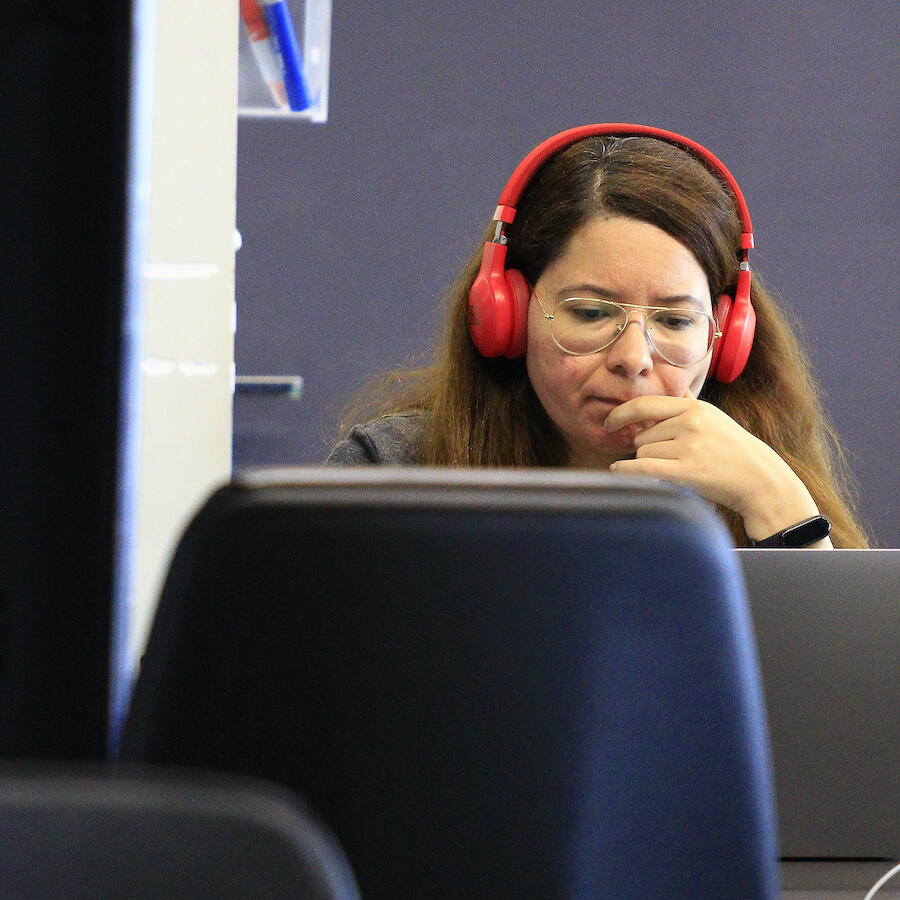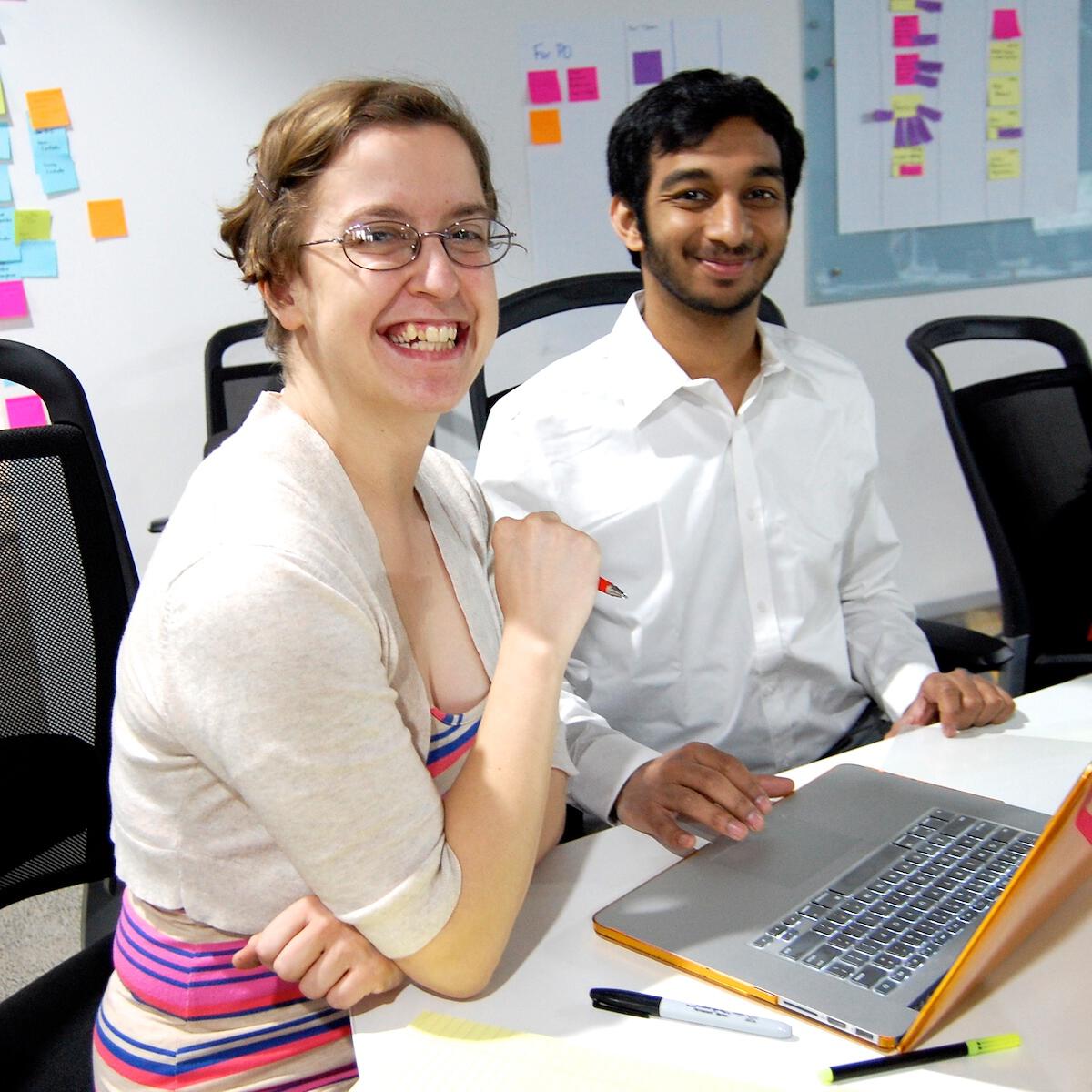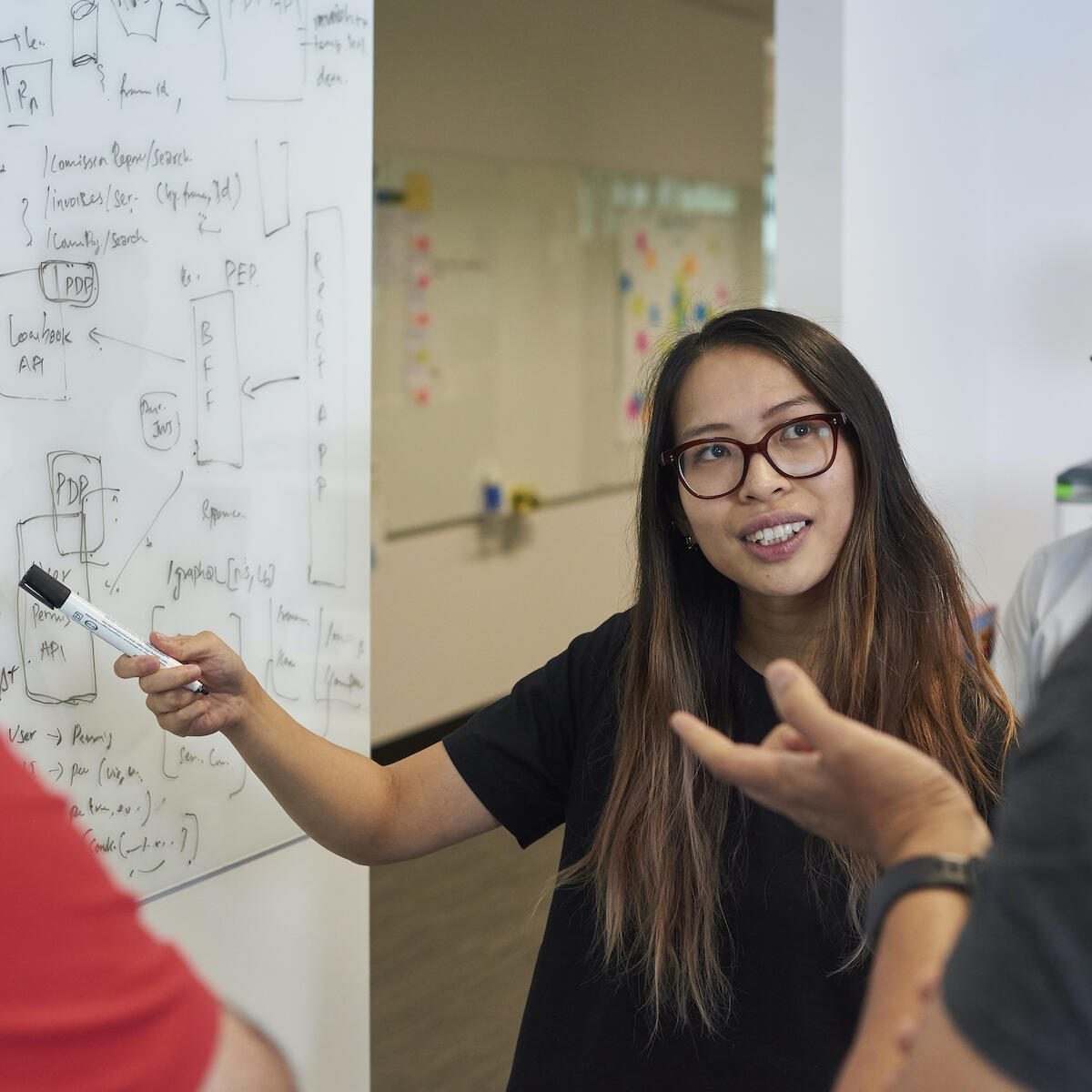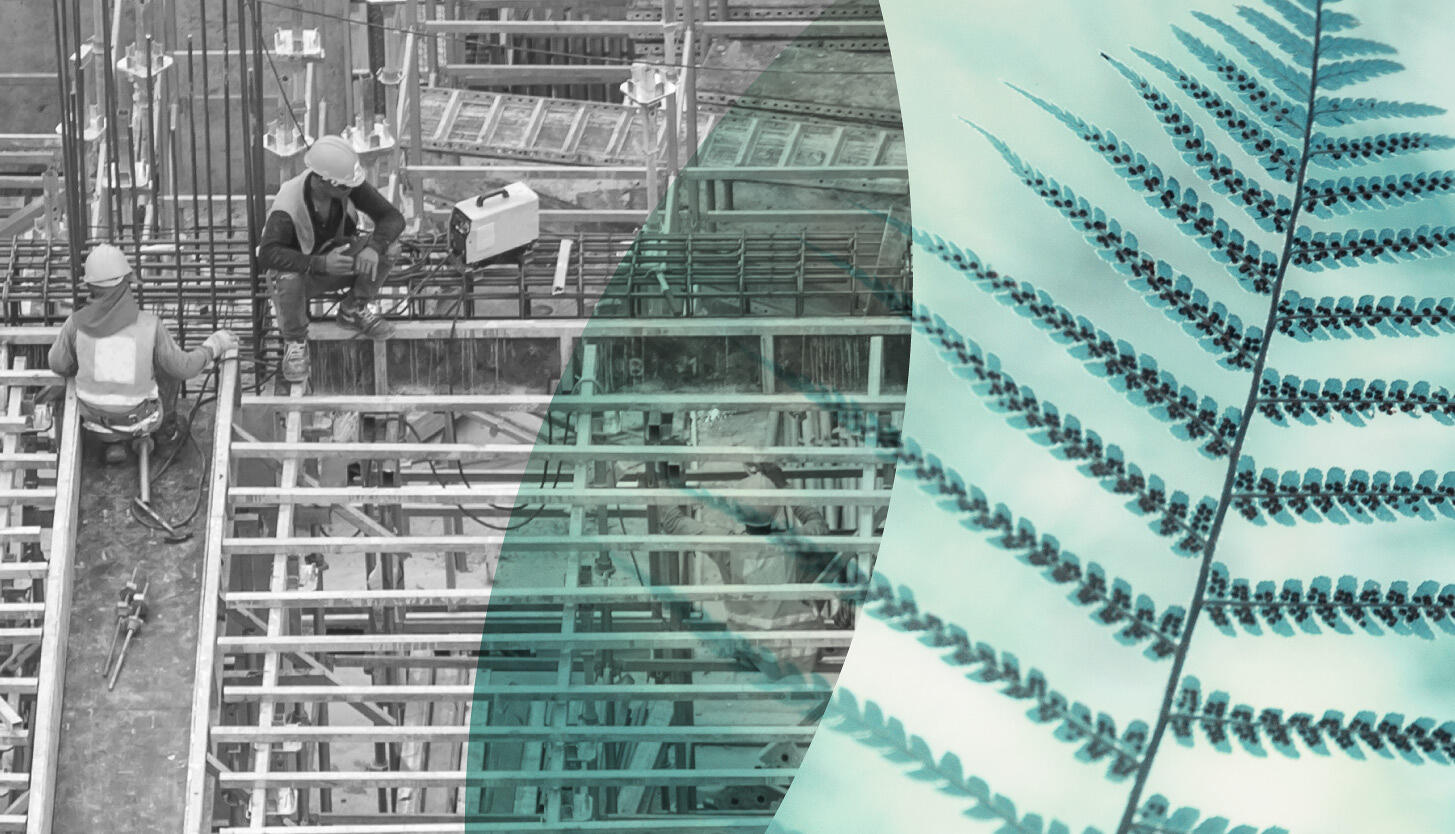Part V: Social exclusion — the next pandemic
We have seen in previous articles various changes resulting from the COVID-19 pandemic. This final piece outlines the looming social crisis, and calls for a fundamental debate on the role of tech in society in light of all that COVID-19 has laid bare.
It outlines three shifts that are required: access to technology as a social right, fostering the social economy of open knowledge, and the democratization of the tech debate.
We share short examples of work in each space that we are involved in.
Contributors:
Eduardo Meneses | Renata Gusmão I Matheus Tait
One billion at risk
There is another pandemic hiding in the shadows of COVID-19: the economic recession and its impact on social precarity and poverty. As a result of the crisis, one in seven human beings, one billion people, could end up living in extreme poverty.
The pandemic has exposed a contradiction in modern society. We are more connected than ever – proven by the speed and truly global spread of the virus. But we are also deeply divided. The virus and responses to it have had a disproportionate impact on the most precarious social sectors, showing the structural dynamics of exclusion that shape the lives of millions. Our society's inability to guarantee basic rights to all, even the right to live, is being exposed.
The role of tech in society
Today’s connectedness, enforced by social distancing, has pushed the role of technology in every aspect of our lives to a new level.
The tech industry is now in a challenging space: trapped between the increasing politicization of technology, the still superficial social debate around its impact and the slow adaptation of appropriate legislation. Right now, the industry needs to enable and push forward this ethical debate, recognizing its responsibility in this historic moment.
End the myth
The first step is to end the myth of tech neutrality. We need to acknowledge that technology is caught between private economic interests and its social value. Some tech business models, for example, prioritize commodification of data or advertising revenue over the social value of their services – the sharing of knowledge, connecting people, etc. This tension is shared by almost every human activity in our modern society, and technology is not an exception.
The social impact of tech is deeper than we usually perceive and most of the time invisible to us. Let’s consider urban infrastructure: it determines social interactions in a city without us even noticing it – where we walk, where and how we gather. In the same way, digital architecture determines, increasingly, social interactions in our digital society. An example of this is the invisible influence of search engine algorithms, and social media algorithms, the results of which shape our understanding of the world.
In this moment of crisis, we believe that technology can play a fundamental role in overcoming the economic recession and reducing the systemic injustices that have been exposed. In order to accomplish this purpose, the tech industry and our whole society needs to address some fundamental challenges.
The rest of this article explores three challenges: access to technology as a social right, fostering the Social Economy of Open Knowledge and the democratization of the tech debate. We also give some examples of our work in these spaces.


Access to technology as a social right
The gap in access to technology is a well-known modern problem, usually called the digital divide. This term was coined to refer to an uneven distribution in the access, use, or impact of digital technologies between different groups of people based on social, geographical, or geopolitical criteria, among others.
The pandemic has thrown a spotlight on the digital divide. For instance, around the world, many patients are reluctant to enter hospital buildings in fear of contamination, and are opting for online care. But this is only a possibility if you have access to a computer and good internet. As we have explored in other articles, the same goes for education, and even work. The option to work remotely is now a form of privilege; based on type of work, access to computers and good internet connection.
We need to eradicate the digital divide by expanding access to technology as a social right, thinking of technology in the same way as we think of other basic needs (electricity, water, housing…). The pandemic has shown that the digital divide is one of the structural sources of injustice in modern society.
Fostering the social economy of open knowledge
Access to technology is a key factor in reducing social precarity and guaranteeing basic needs in modern society, but we need to go further than just expanding access to products and services. An industry based on knowledge, such as the tech industry, has an incredible potential for economic development in historically excluded sectors and peripheral regions. In order to achieve this, the possibility of producing technology must be expanded and democratized.
In addition to expanding economic activity, the transfer of technological knowledge to historically excluded sectors and peripheral regions will foster inclusive economic dynamics and generate new, disruptive ideas. Only the global south countries themselves can build the technological solutions that best fit their specific problems, and only the historically excluded sectors in society will understand how technology tools can affect their reality.
Based on the ideas of the open source and open hardware movements, our society needs to expand the process of acquiring and creating technologies for all. This is critical to reduce systemic inequalities, for guaranteeing people's rights and for global south countries’ sovereignty.
We need to foster what we call the Social Economy of Open Knowledge. In which we democratize technological knowledge for historically excluded sectors, and develop technological cooperation models. These models, from a geopolitical point of view, must allow technological knowledge transfer from the Global North to the Global South, in a concrete effort to reduce systemic economic inequalities. We believe that this approach, based on the potential of open knowledge and open technology, is a key factor in successfully facing recession. We see the Social Economy of Open Knowledge as a social and economic paradigm where economic development goes together with the reduction of historical systemic injustices.
Examples of our work in the Social Economy of Open Knowledge

Inclusive Accelerator
Agile and inclusive accelerators are educational programs for young people in situations of social vulnerability that we run in Brazil. The programs also include non-technical lectures on diversity and social issues. Each participant receives a scholarship for the three month duration of the program. We run and support similar programs in many regions, including the STEP program in India, partnering with i.c.stars in North America and Plan International in China/SEA.

Femnøise
During the COVID-19 pandemic, Thoughtworks was in a unique position to start new projects completely remotely with organizations whose purpose aligned closely to our focus on positive social change. We concentrated on projects that could contribute to reducing systemic injustices and discrimination. Thoughtworks Spain partnered with Femnøise, a startup developing a series of business opportunities for women, transgender and non-binary artists to help reduce the gender gap in the music industry.

Thoughtworks and Open Source
Our technologists bring successful, field-tested techniques and ideas from around the globe to open source solutions – as detailed in Part I, with the examples of Open MRS and Bahmni.
The page below shares some highlights of our work across many domains including machine learning, security and privacy, global health, continuous delivery, monitoring, testing, and software development tools.

Taoli Online Education
Thoughtworks partners with REAP on a gamified online education product for rural school children in China – Taoli online. The product helps children improve their academic performance, and nearly 40,000 students have registered since its launch. Home learning during the COVID-19 pandemic has been particularly challenging for rural children; many don’t have laptops or connectivity at home. The product team developed the Taoli app (Android) in three weeks, to ensure children with access to a smart phone could use the platform.
The democratization of the tech debate
Finally, the tech industry needs to acknowledge that the debate around the social impact of technology is exponentially growing right now. We are living in an historical moment in the politicization of technology. This debate is happening in places as diverse as tech workers’ unions, users associations, privacy defenders collectives and platform workers’ organizations. Topics like labor rights in the gig economy, or data privacy on service platforms have become fundamental debates for our modern society.
The tech industry is facing the same challenges that urban planners faced when they understood how deep their impact was on social interactions and opened their activity to participatory principles. The tech industry and tech-based business models need to be ready with the appropriate tools, frameworks and approaches that not only allow, but welcome citizens’ participation.
Negative, unexpected social impacts of tech can affect thousands of users and can be prevented by opening the technology production process to society-wide participation. The tech industry and digital based business have a new responsibility: building bridges between their activities and the groups who are impacted by their technology.
Managing the risk of unintended social impacts requires investment. The tech industry must invest in understanding the social dynamics of systemic injustices and discrimination; and increasing awareness of how technology can impact them.
But investment and theory are not enough, technologists need to come out of our ivory tower and build participatory design principles in each part of the technological production process. This extends from the inception of a tech product, and the development of it, to its evaluation. This can only happen with the creation of a permanent and open dialogue with citizens' movements.


The social transformation lab
Our office in Ecuador has been developing a concept called the Social transformation lab. This started as a way to give consistency to our pro-bono social impact projects, but quickly evolved into an ambitious project of building a bridge between the tech industry and historically excluded sectors of society that could benefit from technological tools.
The social transformation lab is a place where Thoughtworkers contribute to social change projects within a framework of horizontal collaboration with social movements. This is based on a traditional principle from the Ecuadorian andes called la Minga. This principle is applied to collective community work, where each member of a community brings their knowledge and builds a collective project that will benefit the community.
Based on this, the Social Transformation Lab has become a place where technologists come to learn and understand different social realities, and social movements can come to learn how technology can help them to overcome their challenges. We use specific methodologies to allow mutual learning to happen in a horizontal relationship of solidarity.
Recently, the Social Transformation Lab worked in collaboration with the National Union of Domestic Workers. We built a mobile app that allowed women who work in this field to access information about their labor rights and the legal tools they can use to prevent gender violence in their workspace. We also included a calculator of the financial benefits that workers have according to the Ecuadorian legislation that are ignored most of the time. Read more about this project.
The changes must run deep
These paradigm shifts need to be developed at different levels. At one level, building alternatives to tech infrastructures (which are at present totally hermetic, inaccessible to the rest of society). One level further, developing technological pedagogies that could include all historically excluded voices in the process; democratizing technology understanding.




















